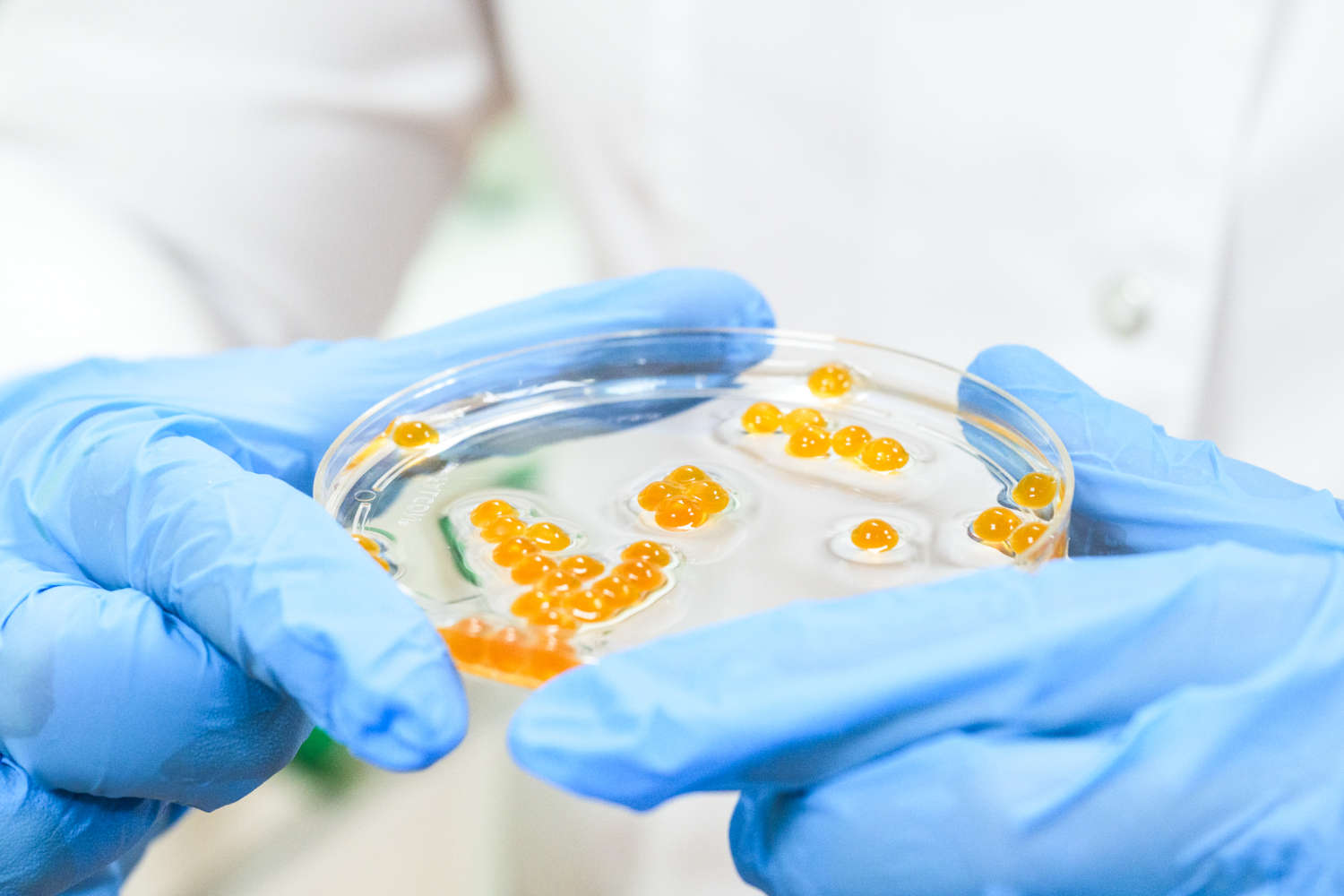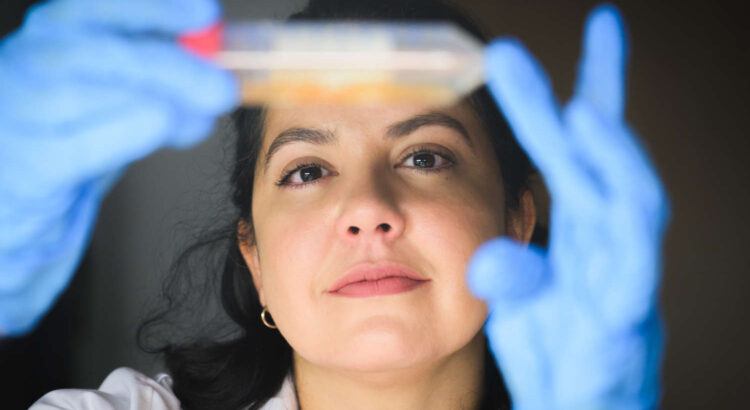Inside the eggs there is encoded information that the mother wants to pass on to her offspring, which may relate, for example, to her past illnesses. This mechanism – called non-genetic inheritance – is known to scientists, but not yet fully understood. Dr. Taina Rocha de Almeida from the Institute of Animal Reproduction and Food Research of the Polish Academy of Sciences in Olsztyn explores it.
Dr. Taina Rocha de Almeida is a grantee of the PASIFIC – Marie Skłodowska-Curie COFUND programme. This is a scholarship competition managed by the Polish Academy of Sciences and co-funded by the H2020 Programme „Marie Skłodowska-Curie Actions Co-funding of regional, national and international programmes” and the Polish Ministry of Education and Science.
Her research work focuses on determining to what extent non-genetic inheritance factors affect the adaptability of offspring (from embryo to juvenile stages) to breeding conditions. The researcher’s scientific supervisor is dr. Daniel Żarski from the Department of Gamete and Embryo Biology, IAR&FR PAS.
– This knowledge can be useful for improving fish farming, but also for gaining a deeper understanding of fish immunity, emphasises dr. Taina Rocha de Almeida.
The aim of her ongoing research is to investigate how the eggs transcriptome is linked to progeny performance – by examining embryos and juveniles of two varieties of rainbow trout bred in Poland.
Rainbow trout is one of the most popular farmed species in the world; the second most produced in Europe. As dr. Taina Rocha de Almeida points out, despite advances in knowledge, production is still not as efficient as it could be. – There are many issues hindering the growth of rainbow trout production, but in this research I have focused specifically on two: the productivity of the offspring and resistance to enteric redmouth disease (ERM) or yersiniosis, caused by the bacterium Yersinia ruckeri, which is one of the most serious diseases of salmonids, mainly affecting rainbow trout – she explains.

The transcriptome is a set of RNA molecules in cells that changes according to different factors, e.g. disease. To study the eggs transcriptome (i.e. the information encoded there – in this case for the mRNA-based disease yersiniosis) and its link to offspring performance, the scientist carried out the whole process – from incubation, through the hatching period and the growth of the fish. The fish were then divided into two groups – one was the control group and the other was infected with the aforementioned Yersinia ruckeri bacterium.
The disease causes changes in organs such as the liver, spleen and gills, among others. The scientists therefore took samples of these organs from the infected fish to study the expression of the genes responsible for the immune response there.
In a molecular study of the eggs, the scientist selected 10 genes that play a key role in the immune response of the immune system. She will now compare these with genes from the collected tissues. Dr. Taina Rocha de Almeida also plans to analyse microRNA molecules, the proteome (i.e. the set of proteins present in the cell at any given time) and to study a third variety of rainbow trout, which has also already undergone the entire research process.
The results will show to what extent the information in the eggs influences the performance of the offspring, should they contract a disease popular among rainbow trout. The new knowledge will not only contribute to the advancement of science on the topic of rainbow trout reproduction, but may also find real applications in breeding in the future.
The research was conducted in cooperation with the Dąbie Fish Hatchery and the Faculty of Veterinary Medicine of the University of Warmia and Mazury in Olsztyn.
—
The results of the grantee’s research to date were presented at the Leadership Seminar held on 2 February this year.
More about her research can be found here. More about the PASIFIC programme can be found on the PAS website.
